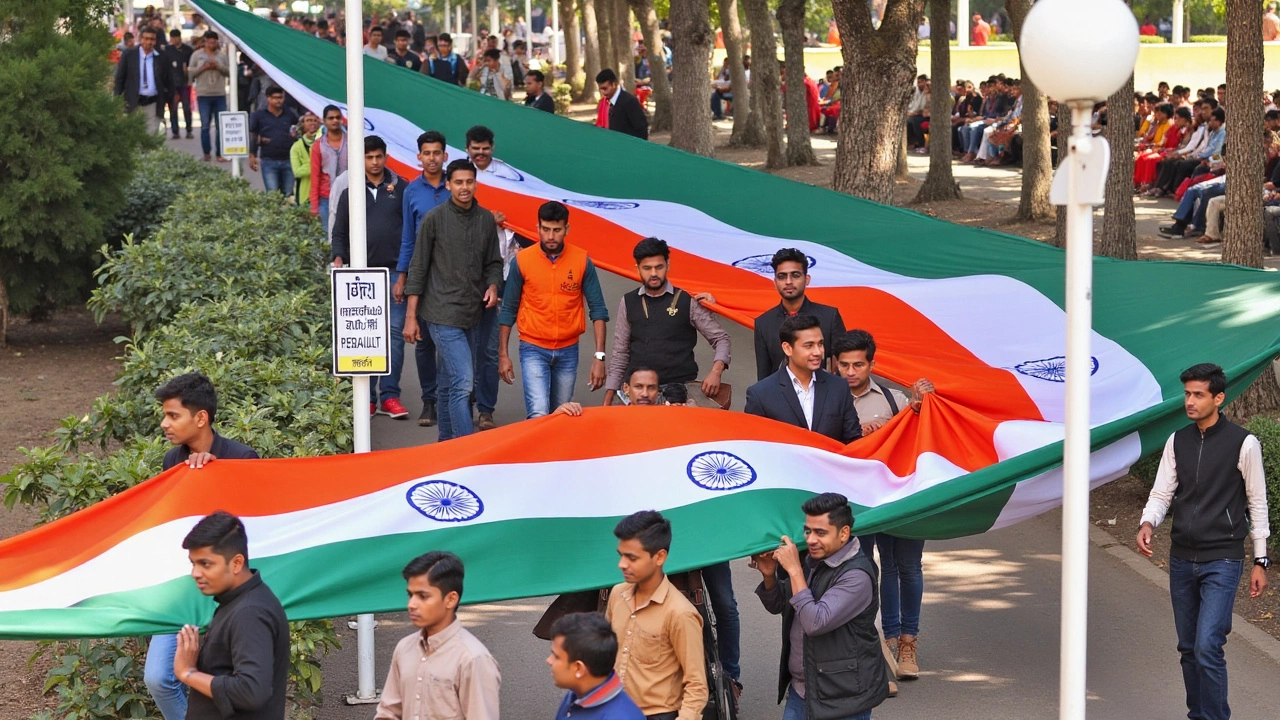Constitution Basics: What Every Person Should Know
When you hear the word "Constitution," you might picture a thick book or lawyers in suits. In reality, it’s a simple rule‑book for how a country works. It tells us who runs the government, what powers they have, and what rights belong to each citizen. Think of it as the instruction manual for a big, complex machine—India’s democracy.
The Main Parts of the Constitution
The Indian Constitution is split into three big sections. First, the Preamble sets the tone. It says India is a sovereign, socialist, secular, democratic republic and promises justice, liberty, equality, and fraternity. Next, the Fundamental Rights guarantee things like freedom of speech, right to education, and protection against discrimination. Finally, the Structure of Government explains the roles of the President, Parliament, and the courts.
Each part works together. For example, the Parliament can make laws, but those laws must respect the Fundamental Rights. If a law tries to limit free speech, the Supreme Court can step in and strike it down. This check‑and‑balance system keeps power from getting too concentrated.
Why the Constitution Affects Your Daily Life
You might wonder how a document written in 1950 matters today. It directly shapes everyday things: the right to vote, the ability to start a business, even the way schools teach. When you buy a product, consumer protection laws—rooted in the Constitution—ensure it’s safe. When you speak on social media, the freedom of expression protects your voice, though there are limits to hate speech.
Understanding these rights helps you make informed choices. If you know your right to a fair trial, you’ll feel more confident dealing with legal issues. If you’re aware of the right to education, you can advocate for better schools in your community.
In short, the Constitution isn’t just a historical document—it’s a living guide that defines who we are as a nation and what each of us can expect from the government. Knowing its basics empowers you to protect your rights and participate fully in society.
Whether you’re a student, a professional, or just curious, start by reading the Preamble and the list of Fundamental Rights. Those sections give you a clear picture of the values India stands for. From there, explore how the Parliament and courts interpret those values in real‑world cases. The more you learn, the better you can use the Constitution to shape a fairer, more vibrant community.
Republic Day 2025 Celebrations: Chief Guest, Themes, and Historical Significance of India's 76th Observance
The 76th Republic Day of India is set to take place on January 26, 2025, marking the day in 1950 when the Indian Constitution came into effect. Indonesian President Prabowo Subianto will grace the event as the chief guest, with the theme 'Swarnim Bharat – Virasat aur Vikas'. Celebrations will display India's technological and cultural advancements through a grand parade in New Delhi featuring military displays, cultural performances, and notable awards.
VIEW MORE